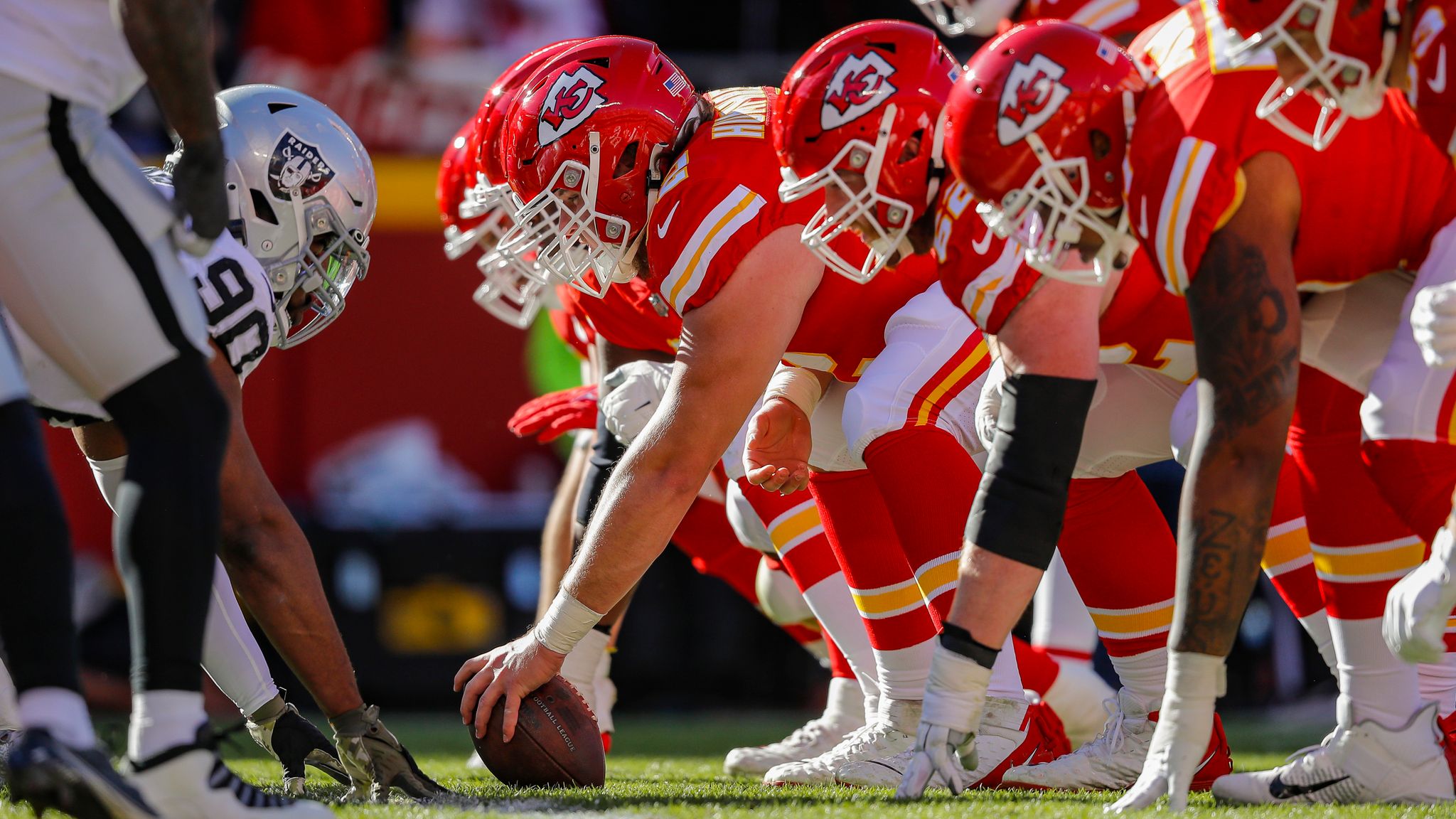The Kansas City Chiefs are more than just a football team; they’re a powerhouse in the NFL, showcasing some of the most exhilarating performances in recent years. However, despite their on-field success, the Chiefs face a significant off-field challenge: the state of their home, Arrowhead Stadium. Arrowhead, while iconic, is showing its age, and the battle over its future is becoming a heated topic among fans and financiers alike.

The owner, Clark Hunt, is at the center of controversy due to what many see as his reluctance to spend money on necessary upgrades. This stinginess is not just about minor improvements; it’s about the entire future of the team in Missouri. As debates rage, the possibility of the Chiefs crossing state lines into Kansas has emerged, prompted by recent legislative maneuvers aimed at wooing the NFL team with attractive financial incentives.
Kansas City Chiefs Stadium Future Sparks Debate
Mike Florio of Pro Football Talk highlights the situation: “Kansas’ attempts to take the Chiefs out of Missouri and bring them over into their state seem more appealing, given the legislative incentives they are willing to provide.”
This move, driven by a proposal involving a sales tax increase and 30-year bonds, would fund a new $3 billion state-of-the-art stadium. The catch? The financial burden would largely fall on the public, a sticking point that is increasingly hard to justify.
The ongoing debate isn’t just about sports; it’s a reflection of larger issues regarding public funding for private enterprises. The reluctance of Jackson County, Missouri, residents to renovate the old stadium has opened the door for Kansas to make its move.
But this isn’t just about a new building; it’s about the identity and pride of a community. The Chiefs are synonymous with Kansas City, Missouri, not Kansas, and relocating—even if just across state lines—could change the team’s legacy forever.

Kansas City Chiefs Stadium Controversy
At the heart of this controversy is a battle of wills between a billionaire owner and the taxpayers. “The sad part is, if Kansas isn’t on board with doing this and joins the fine folks of Jackson County, what is going to stop the Hunts from moving to another metropolis?” This question, posed by analysts and fans alike, underscores the tension between civic pride and financial prudence.
Clark Hunt’s reputation for frugality is well-documented, with criticisms focusing on his perceived lack of investment in both player facilities and fan experiences. As the saga unfolds, the potential relocation of the Chiefs could become a cautionary tale about the risks of letting financial interests dictate the soul of a sports franchise.
Kansas City Chiefs Relocation Debate
This isn’t just about where the Kansas City Chiefs will play; it’s about the impact on a community that has supported the team through thick and thin. As the discussions continue and proposals are debated, the outcome will resonate far beyond the gridiron.
The decision will reflect broader societal values: the balance between public good and private gain, the role of taxpayers in subsidizing professional sports, and the cultural significance of a team to its home city.

All eyes are now on the Chiefs and the decision-makers involved. As this drama unfolds, it will set precedents for how sports franchises operate within their communities, and perhaps more importantly, how they are perceived by the fans who are the lifeblood of the game.
As one fan put it, “Once the winning stops, Kansas City Chiefs fans are going to turn on the Hunts almost immediately.” This sentiment captures the fragile relationship between team loyalty and owner actions, a dynamic that will undoubtedly influence the outcome of this stadium saga.
Sources: Fansided









